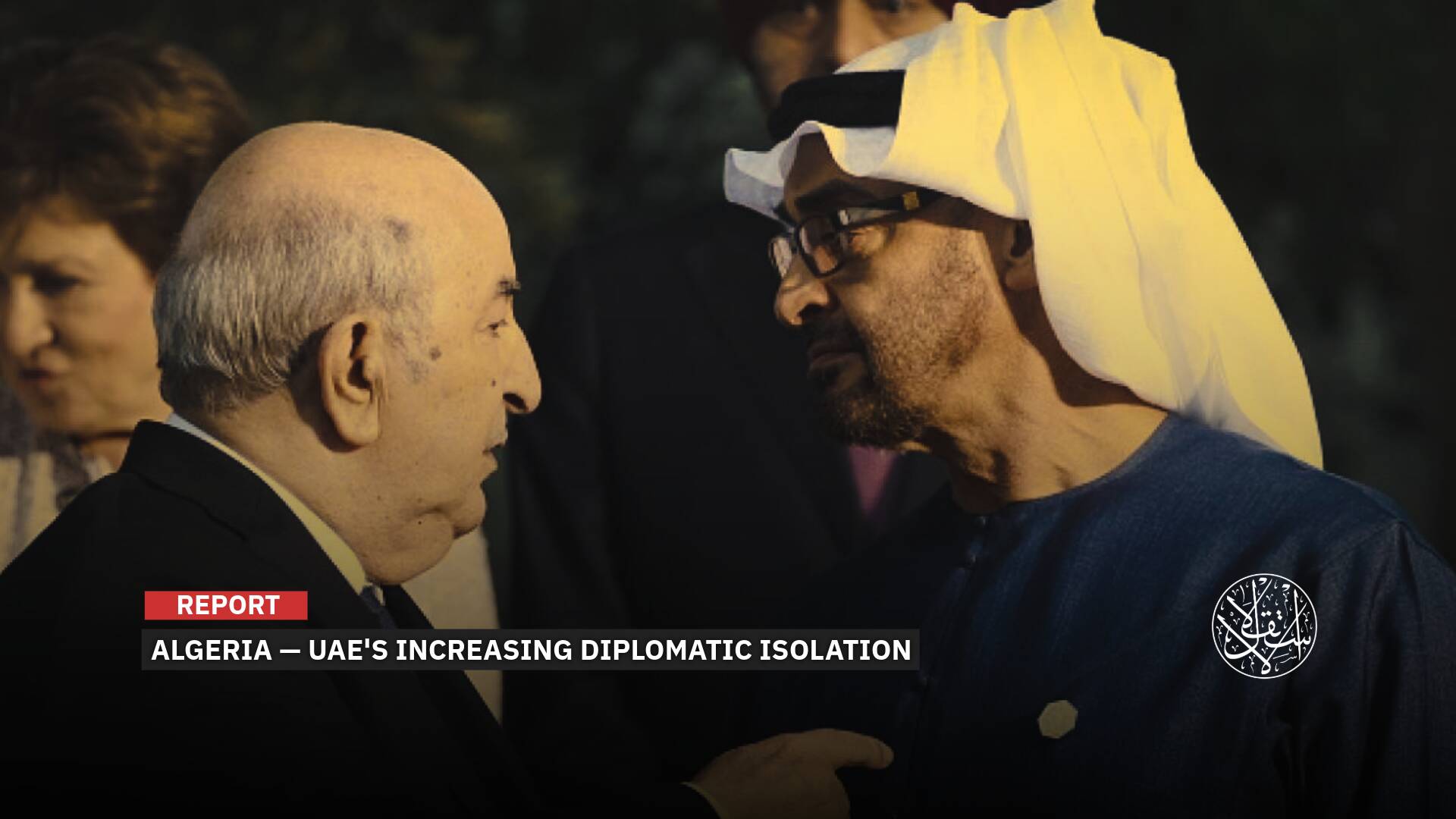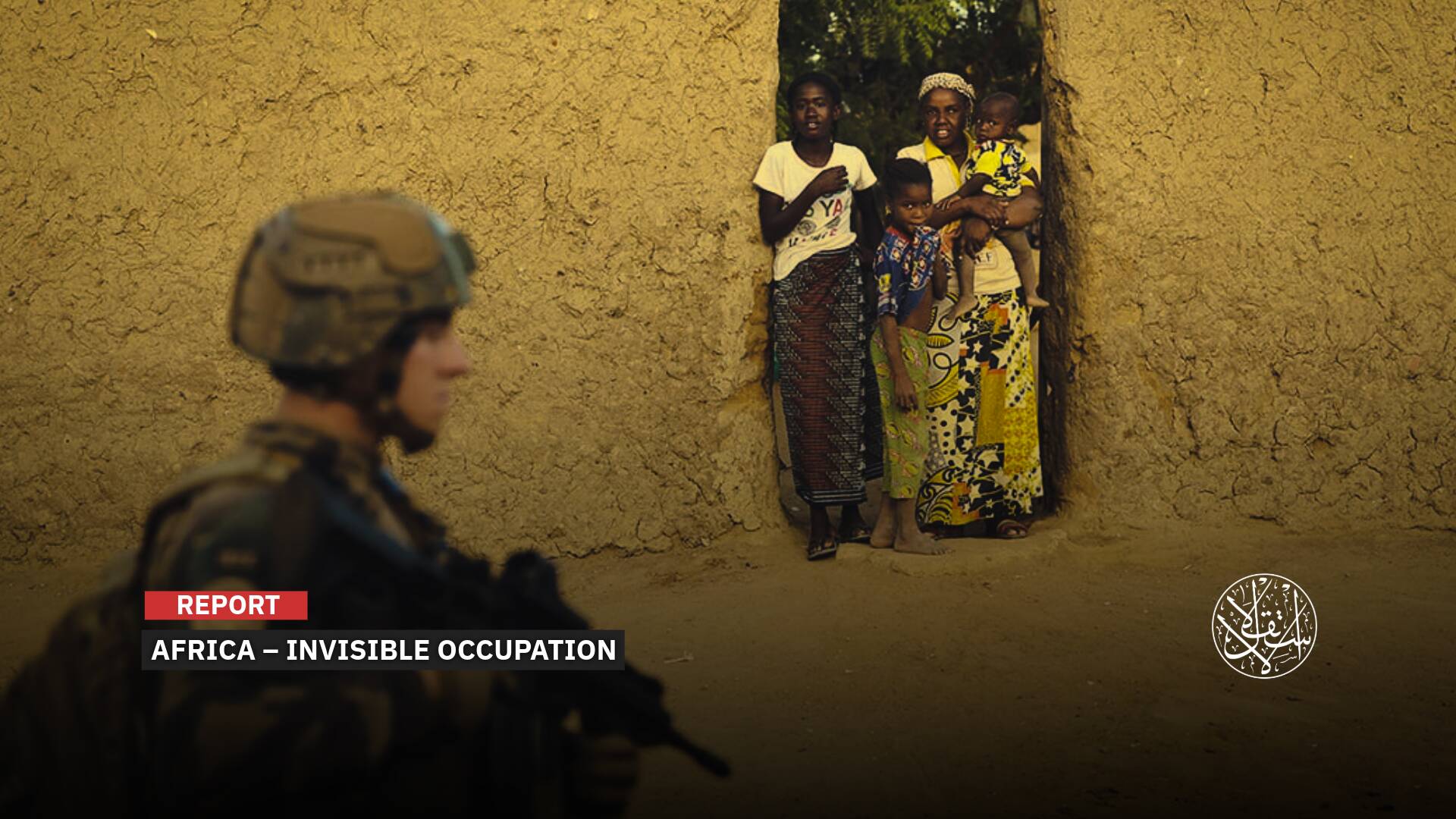How Big Companies Are Preparing to Face the Labor Shortage Crisis in Europe

With refugees in Europe waiting for any chance to improve their conditions and ahead of World Refugee Day, dozens of major international companies announced their intention to employ tens of thousands of refugees across Europe, as the war in Ukraine caused the largest refugee crisis since World War II.
Accenture, Adecco, Amazon, Cisco, Generali, Hilton, ISS, Marriott International, Microsoft, Randstad, Starbucks, and The Body Shop were among those.
The pledges were made during the European Business Summit in Paris, organized by the Tent Partnership for Refugees (Tent), a global alliance of more than 300 companies committed to helping refugees who have fled their countries of origin to escape the scourge of war and political persecution.
This initiative comes at a time when the number of people forcibly displaced from their countries around the world has reached a record high of 110 million, according to the latest UN estimates and data.
Companies hope that refugees will be able to meet employment needs after the global economy recovers from the Corona epidemic, in conjunction with unemployment in Europe reaching its lowest levels since the introduction of the euro in 1999.
A historic day as companies across Europe – incl. @Accenture @Adecco & @Amazon – join @TentOrg to announce the most significant set of business commitments ever made to advance the economic integration of refugees! (1/5)https://t.co/qJRXYCSZe1#EuropeanBizSummit… pic.twitter.com/miTdnzZHLV
— Tent Partnership for Refugees (@TentOrg) June 19, 2023
Hiring Campaigns
In the aftermath of a summit held in Paris on June 19, 2023, more than 40 major companies revealed that they would employ 13,680 refugees, including 5,000 Amazon shares over three years, while Hilton and Marriott each pledged to employ 1,500 refugees. Teleperformance plans to accommodate at least 500 refugees, while Cisco will provide programming and cybersecurity training in Ukrainian for 10,000 refugees, according to the CNN report.
In addition, the main temporary employment agencies (Adecco, ManpowerGroup, and Randstad) have also committed to creating conditions for 152,000 refugees to access jobs, while others (Accenture, Generali, and Indeed) have committed to train more than 86,000 refugees.
AFP quoted Hamdi Ulukaya, founder and President of the Tent Partnership for Refugees, as saying that “the commitments being made will strengthen companies’ workforces, fill labor gaps, and boost European economies, and generate over €2 billion in income for refugees across Europe each year.”
The group’s first summit in the United States last year resulted in commitments to place 22,725 refugees.
According to the organization’s statement, these promises are in response to the labor shortage, while Europe is currently facing the largest refugee crisis since World War II, which constitutes the largest number of employment pledges issued by companies to facilitate the economic integration of refugees.
Hamdi Ulukaya said these promises can partly be explained by the sentiment that followed the Ukrainian asylum movement.
Ulukaya is a former refugee who became a billionaire in the United States thanks to his food company, Chobani.
“People support these Ukrainian refugees. Their experience had a huge impact on the companies that made these pledges,” he said, expressing hope that this will generate momentum among smaller companies as well.
THIS is how we make impact. companies like @amazon, @MarriottIntl, @Microsoft, @Generali are embracing hiring and training refugees. it is right thing and smart thing to do…and will generate €2B+ in income for refugees in Europe each year!#WorldRefugeeDay #HireRefugee pic.twitter.com/gnmh6BNWTl
— Hamdi Ulukaya (@hamdiulukaya) June 19, 2023
In turn, U.S. Secretary of State Antony Blinken thanked the Tent for bringing together governments, international organizations, and the private sector to support refugees, pointing out that for refugees, finding a job can be life-changing, and for businesses, refugees bring exceptional talents and innovative ideas.
For refugees, finding a job can be life-changing and for businesses, refugees bring exceptional talents and innovative ideas. Grateful to @TentOrg for bringing together governments, international organizations, and the private sector to support refugees. pic.twitter.com/VAN96CcYIy
— Secretary Antony Blinken (@SecBlinken) June 20, 2023
Ukrainian Refugees
Refugees generally experience deep physical and psychological trauma as a result of being deprived of the quality of life they used to know, as well as being separated from relatives and loved ones.
There is no doubt that securing job opportunities for refugees in the new countries to which they moved would give them a sense of stability on the material and social levels.
“Having money and a job can help them get a bit of dignity and a feeling that they are contributing, which can be cathartic,” said Margot Slattery, the global head of diversity and inclusion at workplace facilities management company ISS.
“It also allows them to not rely solely on the social safety net benefits that their new countries have provided to survive and stay in touch with their families back home, and to send them money and food parcels,” she noted.
Although most of the companies’ pledges apply to refugees of all nationalities, there is a particular focus on Ukrainian refugees, whose numbers have swelled to more than 5 million in the past year.
Some of these companies have hired and trained a number of Ukrainian refugees in Europe over the past year. For example, the ISS has employed 500 refugees in Europe, most of them Ukrainian women.
Knowing that Amazon, which employs 200,000 employees across Europe, announced the dismissal of 27,000 employees earlier this year, as part of a wave of layoffs after technology companies intensified hiring during the Covid-19 pandemic.

Margaritis Schinas, vice president of the European Commission, said: “With no sign on the horizon of the end of the Russian invasion of Ukraine, and with EU countries hosting millions of Ukrainians, it is essential to give refugees hope and the opportunity to integrate into society in the long term by integrating them into the labor market.”
“Ensuring the integration of refugees into the European labor market is a core priority. Refugees bring talent, skills, and aspirations,” he explained.
“Having a job puts refugees on the path to self-reliance, enabling them to support their families. Refugees are innovators, taxpayers, employees, consumers, investors, and entrepreneurs,” said Kelly T. Clements, Deputy High Commissioner of UNHCR, the UN Refugee Agency.
“There is no better investment than helping refugees find work or gain the skills they need to enter the labor market,” she added.
It is noteworthy that the pledges made Monday represent the single largest batch of commitments made in the history of the Tent Partnership, which was founded in 2016.
But even helping 250,000 refugees will only cover a mere fraction of those who need assistance, analysts told CNN.
In its annual Forced Displacement report, the United Nations refugee agency (UNHCR) said about 19 million people were forced to flee in 2022, an increase of 21%, lifting the total to 108.4 million by the end of last year.
This includes refugees, asylum-seekers, internally displaced people, and others in need of international protection.
After the outbreak of the Russian-Ukrainian war, the number of Ukrainian refugees living in Europe increased to more than 5.9 million people, who joined millions of others from conflict areas such as Syria, Sudan, Afghanistan, and Iraq, which is the largest and fastest refugee crisis since World War II.

Special Privileges
Shortly after Russia’s latest invasion of Ukraine, the Danish Immigration Service reportedly asked Denmark’s 98 municipalities to assess their capacity to take in Ukrainian refugees. This same agency recently began stripping Syrian refugees of their residency permits in a bid to force them back to Syria, asserting that parts of Syria are safe.
Countries such as Poland, Hungary, Slovakia, and the Czech Republic are among the most resistant to receiving Middle Eastern refugees under the pretext that they compete with the workers of those countries in the markets, while those same countries were among the most welcoming of Ukrainian refugees.
The statements of the Hungarian Prime Minister, Viktor Orban, in the framework of his campaign for re-election, were the most obvious of their racism.
His country allows Ukrainian refugees to enter its lands, but it will not allow non-Christian refugees to do so, because, as he claims, this threatens Hungarian culture, and he does not want Hungary to be a country of immigrants of different cultures.
At the height of the refugee crisis in 2015, Czech President Milos Zeman described the phenomenon of refugee flows from the Middle East to Europe as an organized invasion, while during the past year, the Czech Republic opened its border crossings to tens of thousands of Ukrainian refugees.
European hospitality for Ukrainian refugees was evident in the European Union’s vote on a decision to grant them a temporary protection status that allows them to live and work in the countries of the Union and grant them health care rights and other social services enjoyed by its citizens. However, many Middle Eastern and African refugees in European Union countries are still stuck in limbo, with the exception perhaps of Germany and Sweden, which provide them with limited protection, but without access to work, education, or other social services there.
Miriam Behrens, director of the Swiss Refugee Council, told Swiss public television SRF that legal inequality now prevails.
“Status S holders have rights to family reunification and to work, privileges that other asylum-seekers with a provisional permit don’t enjoy,” Behrens pointed out.

Although the old continent has received millions of refugees and immigrants since 2015, many countries have not been able to integrate the majority of them into the labor market for several reasons, the most important of which is the lack of skill, language, and incentives from which the children and grandchildren of ancient immigrants benefited.
The tightening of asylum and immigration laws and conditions of employment in various sectors, particularly for those from outside the European Union, is already making many markets thinner.
Officials, European research centers, and academics specializing in labor markets offer various proposals on what should be done to fill the need for labor.
Among these proposals was what was put forward by the President of the European Commission, Ursula von der Leyen, during the past weeks, which is to stop the illegal ways of immigration and refer them to regular ways to enable the skilled to come to the old continent; it is a system favored by owners of capital, companies, and factories in a number of European countries.
Sources
- Over 40 Companies Commit to Provide Jobs & Training to More Than 250,000 Ukrainian and Other Refugees at Tent European Business Summit
- Ahead of World Refugee Day, dozens of big companies pledge to hire and train over 250,000 refugees in Europe
- Denmark’s Mismatched Treatment of Syrian and Ukrainian Refugees
- Labour shortage prompts EU appeal for non-EU workers











